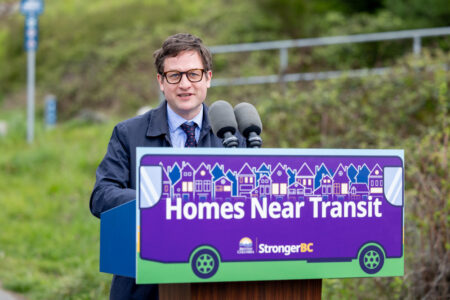Taxes shifting around for property owners in Grand Forks
City taxation rates are shifting, growing and decreasing all at once. At the last meeting of Grand Forks City Council, they passed first, second and third readings of their property taxation bylaw. Two key goals impacted the final rates for all property owners within the city limits: to maintain taxation revenue at the same level as 2009, and to lower the major industrial revenue total by $75,000. Depending on the assessed value of a property, and the category of the property, total taxes may be going up or down for owners.
Chief Financial Officer Cecile Arnott presented council with five different options to accomplish the two goals. Their final decision matched her recommended option which reduced major industrial taxation by $75,000, and distributed the increase of $75,000 across all the other categories of taxpayers in order to maintain the city’s total revenue.
Arnott explained that although the tax rates have increased on many categories, assessed values have varied so some property owners may be seeing decreases on their tax bill.
“If your assessments go down and your tax rates stay the same then your property tax payable is going to go down. But we’re raising the tax rate. When your assessments go down and you increase tax rates, it remains about the same,” said Arnott.
In her comparison of the impact of the option chosen by council, Arnott used average prices for different property classes. For residential home owners under 65 with a home owner grant, overall taxes on an average property valued at $202,044 will increase $27.82 for the year just for municipal taxation. Including other taxes (schools, hospital, etc.) the average home owner will pay at total of $47.96 more than in 2009.
Arnott explained that most commercial class properties have seen a decrease in value and as a result, even with the increase in taxation from the city, they will see an overall decrease in their tax bill. Major industrial properties will see the largest reduction in taxes because of the decrease in municipal taxation as well as some reductions in other tax areas.
The reduction on the major industrial properties was in response to the presentation from Ron Vautour, woods manager for International Forest Products Ltd., who had made a pitch to council at their previous meeting requesting some tax relief from the municipality.
“It’s not as much as they’re looking for, but it is certainly a move in that direction,” said Mayor Brian Taylor.
Vautour, however, was pleased with the news.
“I haven’t seen the details,” said Vautour, “but any move to reduce the cost of doing business in Grand Forks is good news. We would like to see a progressive tax decrease over time. So this is a great first step and hopefully we’ll see continued movement in that direction.”
Municipal property tax rates per $1,000 of assessment:
2010 2009
Residential $ 2.9159 $ 2.7282
Utilities 36.3613 34.0207
Major Industry 41.3447 46.5431
Light Industry 12.3072 11.5153
Business 10.1181 9.4669
Recreation 6.4149 6.0020
Farm 6.4149 6.0020






















